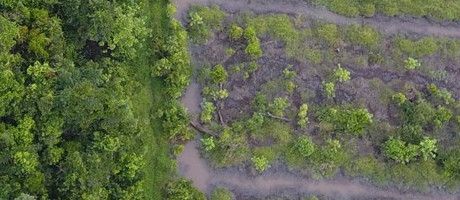
Ten reasons why certification should not be promoted in the EU anti-deforestation regulation
After careful analysis of the draft legislation, available evidence and our hands-on experience with the effects of certification schemes of soy, palm oil and timber on the ground, we discern 10 arguments as to why certification should not be promoted in the EU anti deforestation regulation.
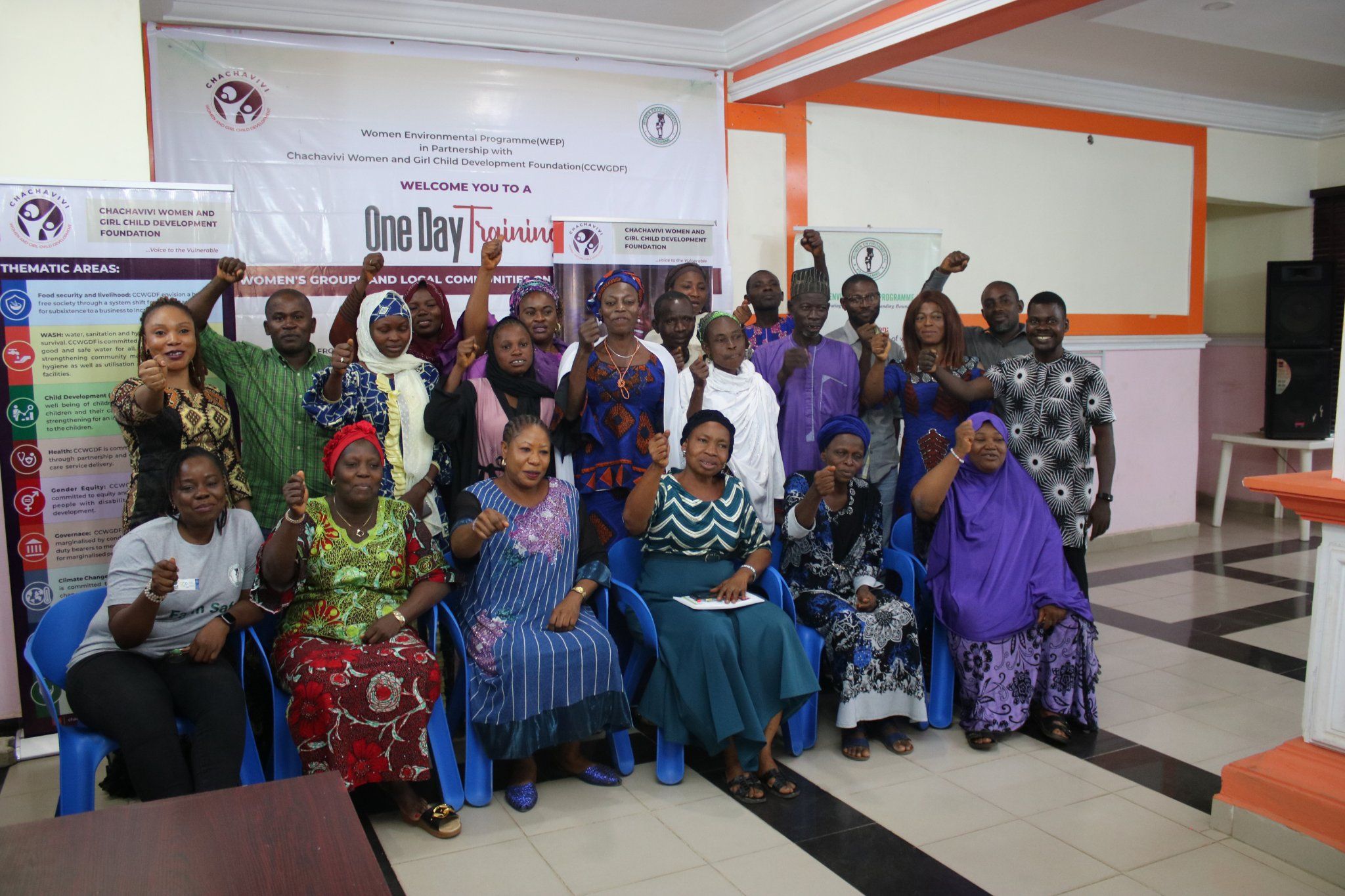
Training of local women’s groups and communities on forest conservation in Kogi State, Nigeria
Women Environmental Programme (WEP), in collaboration with Chachavivi Women and Girl Child Development Foundation (CCWGDF) on 19th May 2022, organized a training for local communities and women’s groups on forest conservation.
As agriculture is one of the drivers of deforestation in the state, participants were taught agricultural practices that do not cause forest degradation such as agroforestry, production and use of organic fertilizers and pesticide, natural pests and weed control among other sustainable practices. Participants were trained on sustainable forest management techniques to prevent forest degradation.
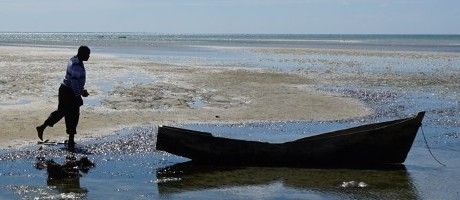
Report: Fuelling the crisis in Mozambique
This research, carried out by Anneke Wensing on behalf of Friends of the Earth, shows that France, the United Kingdom, the United States, the Netherlands and Italy have systematically underestimated the risks of gas projects in Mozambique. This controversial gas project now includes more than 15 billion euros of government support, while it has been shut down for a year due to the violent and dangerous situation.

Indigenous delegation from Borneo expects Dutch government to suspend Malaysian Timber Certification Scheme
An Indigenous delegation from Malaysia is currently in the Netherlands to speak to the Dutch government about suspending its endorsement of the Malaysian Timber Certification Scheme MTCS. The request is based upon community concerns about inadequate consultations and an abusive lawsuit against a Malaysian NGO. The Netherlands is a key timber consumer of Malaysian hardwood.
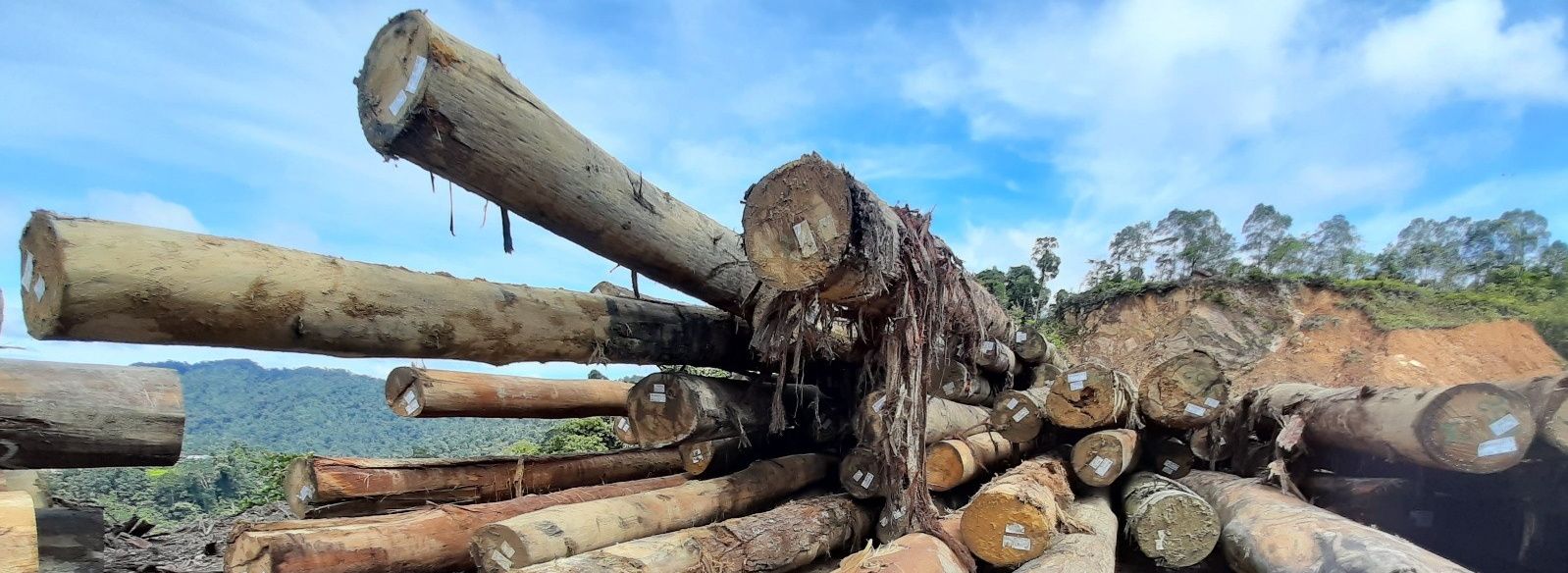
NGOs demand Malaysian Timber Certification Council acknowledge certification scheme’s shortcomings and take action
As the Malaysian Timber Certification Council (MTCC) attends the members’ meeting for the Programme for the Endorsement of Forest Certification (PEFC) International this week, a group of civil society organizations has sent a scathing letter to the MTCC, arguing that the body has failed to ensure its own standards. The letter points to stalled complaints proceedings and the mishandling of a lawsuit against GLA Malaysia partner SAVE Rivers, which call into question the reputation of the MTCC and MTCS (Malaysian Timber Certification Scheme). The letter suggests the MTCC is urgently in need of reform to maintain its credibility.

Escazú Agreement and gender inequality: ‘important first step'
‘The agreement is a historic step forward, but we must critically approach it from the gender perspective. There is still a lot of work to do.’ With these words, IUCN NL’s environmental justice expert Liliana Jáuregui closed the event Reading the Escazú Agreement from a gender perspective: challenges and opportunities. The panel discussion was a side event of the agreement’s first Conference of the Parties that took place from April 20th through April 22nd.

What makes the Escazú Agreement historic for conservationists?
Every week, people around the globe are killed because they stand up for nature. An even larger group is being silenced through violence, arrests, intimidation or lawsuits. Environmental human rights defenders in Latin America and the Caribbean are suffering severely from these violations. In 2021, the region took a historic step by bringing the Escazú Agreement into force. This article explains how this binding treaty makes a difference to the rights of conservationists.
Header photo: Colombian Amazon Rainforest (c) Mariel Cabero / IUCN NL
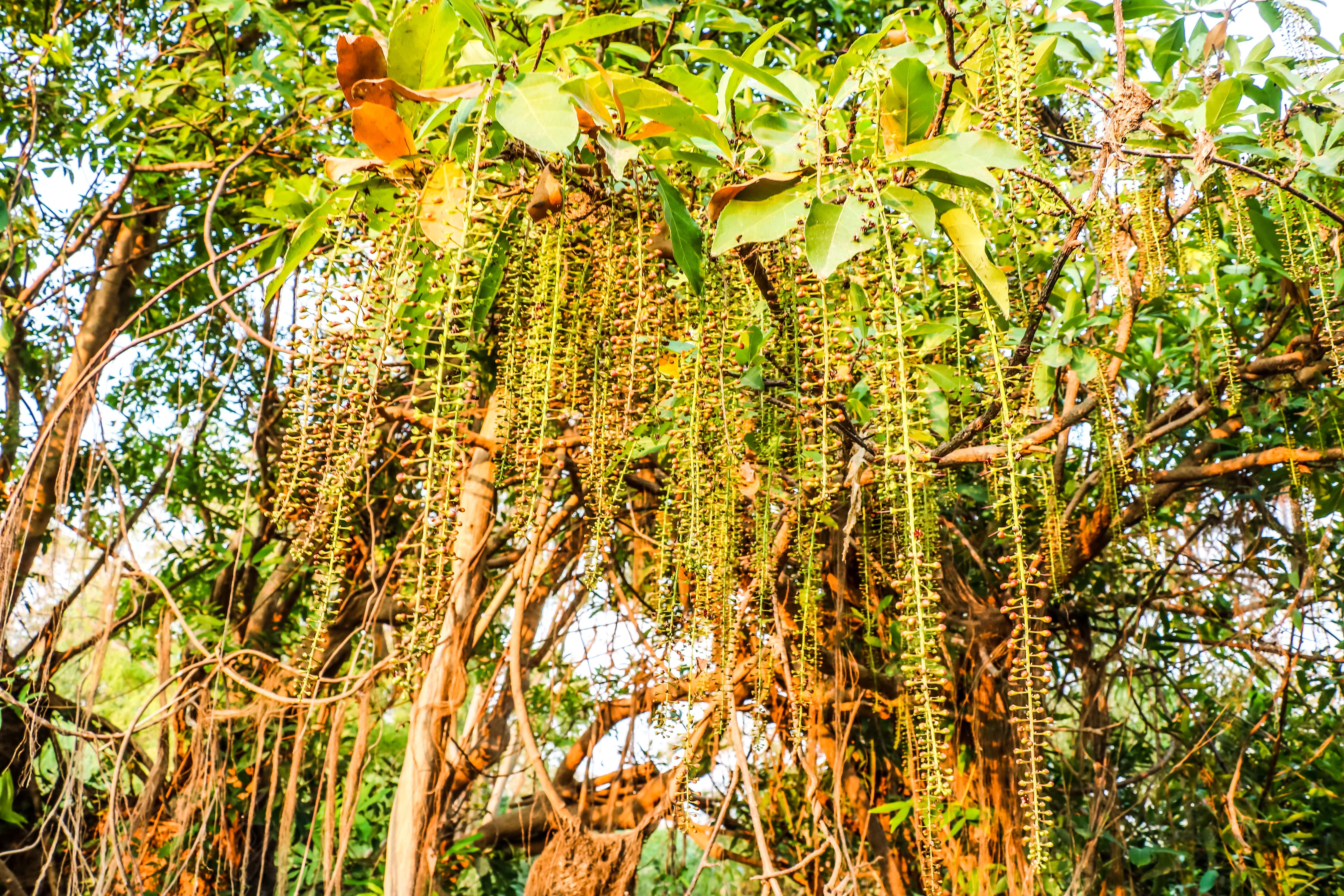
State of the World’s Forests 2022: Indigenous and local communities have leading role in protecting and restoring forests
According to FAO’s latest State of the World’s Forests, action to halt forest loss is urgently needed to keep the global temperature increase below 1.5°C, conserve biodiversity, reduce the risk of future pandemics and ensure food security. FAO’s newest publication explores the potential of three forest pathways for achieving green recovery and tackling environmental crises.
Header photo: Forest in Cambodia (c) Kouy Socheat / NTFP-EP Cambodia
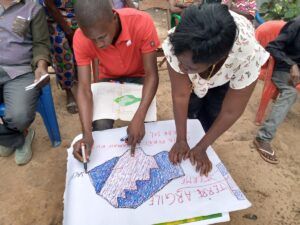
Women’s access to land tenure rights: key steps towards climate justice in DRC
480 women advocates in DRC were trained to change the land and forest law to guarantee land tenure rights for women, via policy dialogues at the province level and participatory mapping in forest communities. All thanks to an amazing woman, Dorothee Lisenga, who, along with the NGO CFLEDD, organised dialogues on women’s inheritance rights between customary chiefs, local and indigenous women. This resulted to huge successes in women’s access to land and forest rights of women in the provinces of Equateur and Maindombe of DRC. In 2018 she was the winner of the Gender Just Climate Solutions Award in the category Transformational Solutions.
